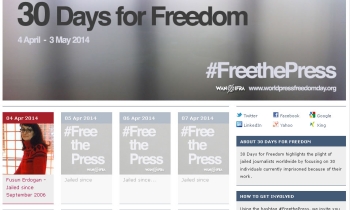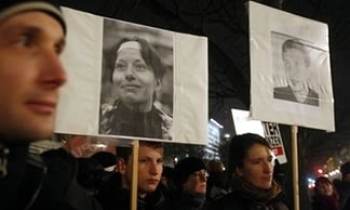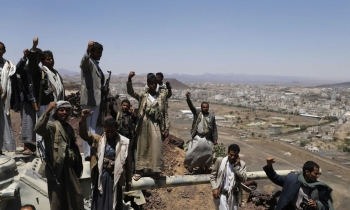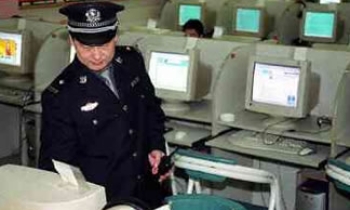All four journalists arrested recently have been released by the Senegal government in a bid to “defuse relations" between the press and the government, but the storm has far from blown over. All four were released Thursday.
Besides the four arrested journalists, who were all held in detention, a fifth has been facing defamation charges after he published a book that accused employees of embezzling funds from the Senegalese National Lottery.
El Malick Seck, editor of the news website Rewmi.com was arrested Wednesday morning at the headquarters of his company in the city of Thiès by the Division of Criminal Investigation (DIC) who is holding him in Dakar.
DIC did not disclose the reason for Seck’s arrest but sources told the International Federationof Journalists (IFJ) that it was related to critical comments posted by Internet users on Rewmi.com in reaction to a reprint of an article in L’Observateur newspaper that President Abdoulaye Wade’s new limousine had just arrived in Senegal even as the country was in an “economic crisis."
Pape Amadou Gaye, editor of the daily newspaper Le Courrier du jour was arrested previous Thursday by DIC after the paper published an article on the country’s difficult economic situation, which said that the army was the only body able to intervene to resolve the issue. Gaye was charged for inciting the army to rebel against the institutions, acts prejudicial to the state security and insulting the head of state. He faced five to ten years in prison if convicted.
Moussa Guèye, editor of L’Exclusif, was in detention since October 8 after the release of an article about the President’s "night escapades," which said the President went out at night but did not say what he did on those trips. Pape Moussa Doukar, an L’Exclusif reporter was arrested on October 9 on accusations that he wrote the article.
Veteran writer and journalist Abdou Latif Coulibaly is already on trial after the publication of his book revealing the embezzlement of funds in the state-owned national lottery. The lottery and some employees are now suing him for defamation and public slander. The trial started on September 11 but proceedings have been postponed until December 18.
IFJ is urging the Senegalese government to end its intimidation tactics against journalists, decriminalise defamation and allow media to work freely and independently. "It believes that the government should only charge journalists for press offences under media law and not under the criminal code."
“We are calling on the government to release immediately all the detained journalists and to grant them a fair trial,†said Gabriel Baglo, Director of the IFJ Africa office. “We are also calling on the court to throw out any criminal charges against Coulibaly.â€
“The authorities have obstinately refused to modernise press legislation and establish good relations with the media, but until now they have not been in the habit of using the police to set traps for journalists and arrest them one after another,†Reporters sans frontières (RSF) said earlier. “This form of repression must stop at once and the authorities must provide an explanation for this sudden hostility towards small, privately-owned newspapers.â€
The administration has yet to deliver on a 2004 presidential pledge to ban criminal sanctions for press offenses, according to CPJ research. In the past year, Senegalese authorities have moved aggressively against journalists.
Moustapha Sow, director of the private newspaper L'Office, was jailed in July 2006 for criminal defamation, according to the Committee to Protect Journalists (CPJ). Ndiogou Wack Seck, director of now-shuttered private daily Il Est Midi, went into hiding in April when he was sentenced to six months in prison. And authorities handed suspended prison sentences to journalists with Il Est Midi and the independent daily Walf Grand-Place.









